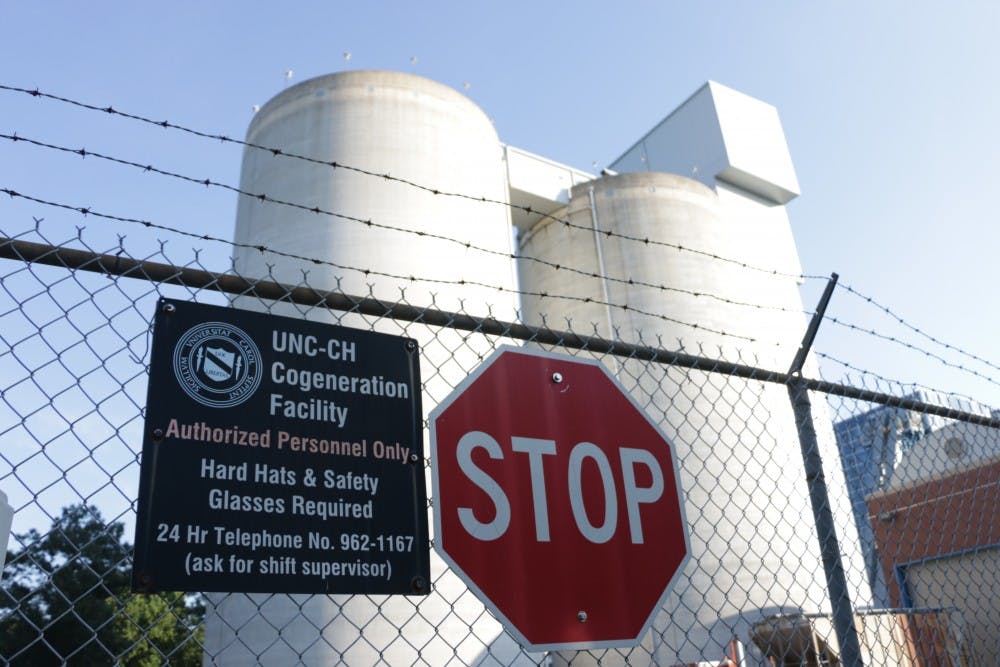As UNC's campus moves toward the end of the year and starts to show signs of autumn, some environmental activists are reminded of a long-abandoned University plan to be coal-free by 2020.
While the coal-free by 2020 initiative has been deserted, the University is now taking slower, more financially pragmatic steps to reduce emissions. Some activists are not satisfied and want faster action from UNC.
Former Chancellor Holden Thorp, who held office from 2008 to 2013, pledged to move away from coal, including the on-campus coal plant on Cameron Avenue that powers much of the University.
“I was (very) excited about the possibility of seeing what we could do with the coal plant,” Thorp said.
Nate Knuffman, UNC's deputy vice chancellor for finance and operation, said in an email that Thorpe was informed in 2012 that the goal was not feasible due to technological and financial restrictions.
When it became clear that abandoning coal by 2020 was not possible, the University announced a plan at a Board of Trustees meeting in January 2016 to instead work toward greenhouse gas neutrality.
The January 2016 plan was introduced during former Chancellor Carol Folt’s administration and centered on the Three Zeros Campaign, which included working toward net zero water use, zero waste and net zero greenhouse gas emissions.
Now, the University is trying to become more environmental — but in a feasible, affordable way, Knuffman said.
“We are highly committed to ending the use of coal,” Knuffman said.




